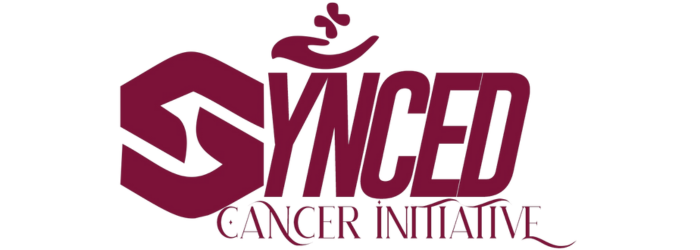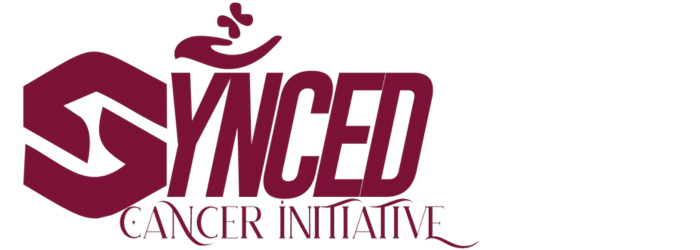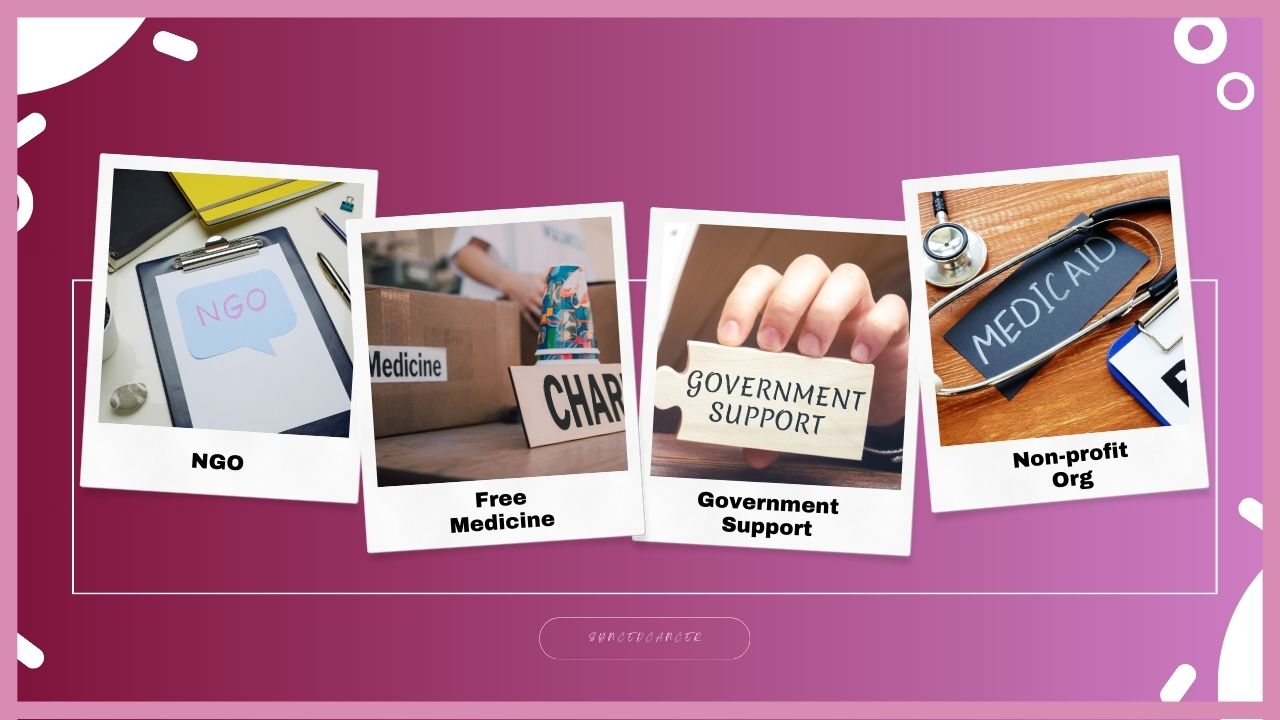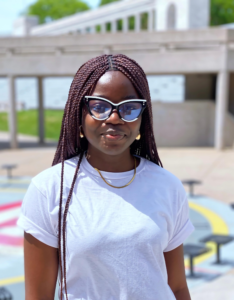A breast cancer diagnosis is life-altering. Beyond the psychological and physical stress, the financial burden of treatment in Nigeria often becomes one of the most distressing aspects of the journey. With limited access to health insurance, rising medical costs, and a public health system that still struggles to prioritize cancer care, many patients face the hard reality of having to fund their own treatment entirely out of pocket.
But there is hope.
Whether you are newly diagnosed or currently undergoing treatment, it is essential to know that support is available. Although not always widely publicized, financial aid does exist in Nigeria through a combination of government funding programs, nonprofit organizations, healthcare partnerships, and community-based initiatives.
This guide outlines credible pathways to access financial aid for breast cancer treatment in Nigeria, offering a clear starting point for patients, caregivers, and advocates.
1. The National Cancer Health Fund (CHF)
The National Cancer Health Fund (CHF) is a federal initiative created to bridge the financial gap for low-income earners cancer patients in Nigeria. The fund is administered by the National Institute for Cancer Research and Treatment (NICRAT) and is one of the few public health resources directly aimed at cancer care.
What does it cover?
- Screening and diagnostics
- Surgery
- Chemotherapy
- Radiotherapy
- Hospital admission and follow-up visits (in some cases)
Who is eligible?
- You must be a Nigerian citizen
- Must be diagnosed with breast, cervical, or prostate cancer
- You must be considered indigent (i.e., unable to afford treatment)
How do you apply?
Applications are facilitated through accredited public hospitals with oncology departments. These include:
- University College Hospital (UCH), Ibadan
- National Hospital, Abuja
- Lagos University Teaching Hospital (LUTH)
- Usman Danfodiyo University Teaching Hospital, Sokoto
- Ahmadu Bello University Teaching Hospital, Zaria
Applications are processed through nchf.emgeresources.com, but patients should initiate the process through their hospital’s oncology team.
Important Note: The CHF is not an automatic entitlement; patients must apply through the correct channels and provide proof of diagnosis and financial need. Early application is advised due to high demand and limited resources.
2. National Health Insurance Authority (NHIA) Cancer Benefits
The National Health Insurance Authority (formerly NHIS) has recently expanded its offerings to include partial coverage for cancer treatment. Although NHIA does not provide full cancer care coverage, it offers subsidies for specific services, especially for enrollees under employer-based or voluntary health insurance plans.
Key Benefits:
- A ₦400,000 subsidy for radiotherapy (through accredited providers)
- Reduced prices on selected chemotherapy medications (via pharmaceutical partnerships)
How to Access:
- Visit the NHIA desk at your treatment center
- Inquire about the Cancer Access Partnership (CAP) program
- Ask if your employer-based HMO or personal plan includes cancer treatment support
NHIA coverage varies significantly across different health plans. Always verify details with your HMO provider or hospital NHIA coordinator.
3. Support from Nonprofit Organizations and Foundations
Several nonprofit organizations in Nigeria have stepped in to fill the gap left by government and insurance services. These organizations provide a range of services, from free screening and awareness to direct financial aids for treatment. Key Organizations:
Project Pink Blue
- Offers financial aids through its “Adopt a Cancer Patient” program
- Provides patient navigation, free transport, and emotional support services
- Website: projectpinkblue.org
Medicaid Cancer Foundation
- Active in the northern region and across Nigeria
- Provides screening, diagnosis support, and partial treatment funding
- Website: medicaidcancerfoundation.org
Breast Cancer Association of Nigeria (BRECAN)
- Offers psychosocial support and, in some cases, financial aid
- Strong presence in the Southwest
- Website: brecan.org
These organizations often rely on donor funding, so resources are limited and available on a rolling basis. Early contact is advisable.
4. Crowdfunding and Online Support
Crowdfunding can literally save lives; it remains a viable and increasingly common option for Nigerian patients needing to raise funds quickly. While not a guaranteed source of funding, it can generate significant support when well-executed.
Recommended Platforms:
- GoFundMe – Requires a foreign-based account to withdraw funds
- M-Changa – Supports Nigerian bank accounts
- FundAnAfrican – Africa-specific crowdfunding with naira withdrawal options
Best Practices:
- Include medical documentation and photos
- Share your story clearly and honestly
- Request amplification from NGOs, influencers, or media platforms
Consider enlisting friends or advocates to help manage the campaign and share updates. Transparency builds trust with potential donors.
And remember: people give when they feel connected to your story. Don’t just say, “I have cancer.” Show your daily struggles, dreams, and determination to beat this disease.
5. Pharmaceutical Discount Programs
The cost of breast cancer medication, especially for treatments like Herceptin, Tamoxifen, Letrozole, and targeted therapies, is often prohibitively high. However, there are global initiatives working with Nigerian institutions to make medications more affordable.
Examples Include:
- Clinton Health Access Initiative (CHAI): Partners with hospitals to offer discounted drugs
- Roche Foundation: Offers Herceptin at subsidized rates for eligible HER2+ patients
- Novartis Access: Makes hormonal therapy drugs available at reduced costs in public hospitals
Discuss these options with your oncologist to determine if your hospital participates in any of these partnerships.
6. Faith-Based and Community Support Networks
Faith-based institutions, alum associations, cooperative societies, and even local businesses often provide financial aids or welfare support to members in need.
What You Can Do:
- Reach out to your church, mosque, or religious community
- Speak with community leaders or welfare committees
- Request outreach via newsletters, social media, or fundraising events
Although these sources may not cover the full cost of treatment, they can contribute meaningfully toward specific procedures or transport costs.
7. Using Your Voice: Advocacy and Awareness
While navigating treatment, remember that your voice has power. Advocacy, whether personal or collective, can open doors to new support networks, influence policy change, and raise awareness about the challenges faced by cancer patients.
Ways to Advocate:
- Join or create support groups
- Share your experiences on social media or through local media
- Reach out to local government representatives and health authorities
- Participate in cancer awareness campaigns or events
The more visible you are, the more likely people will come to your aid—or connect you with others who can.
Conclusion
Cancer is hard. It’s even harder in Nigeria because the system isn’t fully built to emotionally, medically, or financially support patients. But help does exist. It may take effort, paperwork, follow-up, and courage, but it’s there.
So, whether you just got diagnosed or you’ve been in the fight for a while, don’t give up. You don’t have to walk this journey alone. Support is out there, from government subsidies, NGO lifelines, community donations, and discounted drugs.
The journey is difficult, but your life matters, and you are not alone. There is help—and there is hope.
References
Syncedcancer Initiative – https://syncedcancer.com/financial-support-for-cancer-patients/
Accessed 27th April, 2025











Okorie Ogbu
Grateful.
Ohunene
Hello, thank you for this information